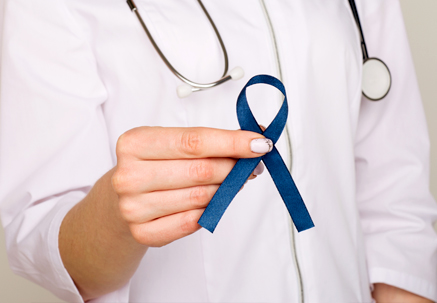How do I prepare for colonoscopy?
Be sure to tell your doctor about any medications you are currently taking, as well as any health conditions you may have. Discuss the risks of the test with your doctor. These include bleeding and bowel puncture.
In preparation for a successful colonoscopy, your rectum and colon must be empty. Be sure to follow the diet and bowel.
prep instructions exactly. If directions are not followed, the test may need to be rescheduled.
You will need to have a friend or family member drive you home after the test.
What happens during colonoscopy?
You are given sedating (relaxing) medication through an IV line. You may be drowsy or completely asleep during the procedure.
The procedure takes approximately 30 minutes.
The doctor performs a digital rectal exam to check for anal and rectal problems. The rectum is lubricated and the scope is inserted.
If you are awake, you may have a feeling similar to needing to have a bowel movement. You may also feel pressure as well.
What happens after colonoscopy?
Your doctor will discuss results with you or your friend/family member immediately following the procedure, however, due to the medications it is very likely you will not recall the conversation. You can call the office anytime to discuss the results.
If any polyps were removed or biopsies taken our office will call you with the results which are usually available within 4-7 days.
Try to pass all the gas right after the test to help prevent bloating and cramping.
After the test, you can go back to your normal eating and other activities.

